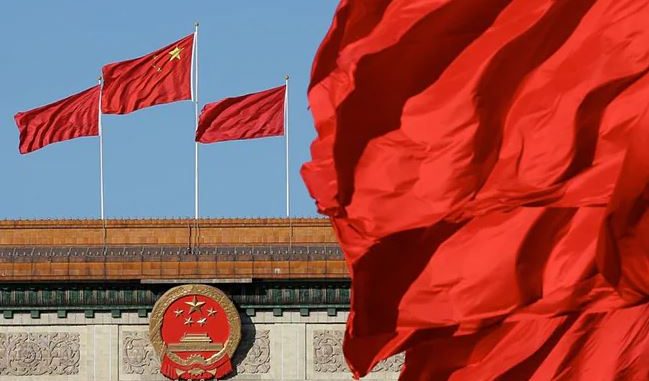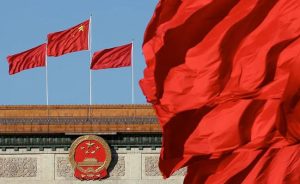
China’s Alleged Hacking of Japan’s Defense Networks Revealed in New Report.
In a stunning revelation, a recent report by The Washington Post has unveiled alleged cyber espionage activities conducted by individuals associated with the People’s Liberation Army of China.
According to the report, during the fall of 2020, the Chinese military reportedly breached classified defense networks belonging to Japan.
These actions have sparked concerns about the security of sensitive computer systems and the potential ramifications for international intelligence sharing.
The infiltrators, identified as cyberspies from the People’s Liberation Army, successfully infiltrated Japan’s most highly classified computer systems, compromising their defense networks.
Sources close to the matter have disclosed that the hackers exhibited deep and persistent access to these networks.
Their motives appeared to encompass a broad range of objectives, including obtaining strategic plans, capabilities, and assessments of military vulnerabilities.
The magnitude of this breach was emphasized by a former US military official who had been briefed on the event. This official described the situation as “shockingly bad.”
The breach was characterized by its severity and sophistication, catching Japanese officials off guard and prompting them to initiate an investigation into the matter.
The report also highlights Japan’s efforts to enhance the security of its networks in response to this breach. Despite these endeavors, concerns persist that these networks may not be adequately safeguarded against cyber threats originating from China. This vulnerability has the potential to hinder intelligence sharing between Japan’s Defense Ministry and the Pentagon.
The gravity of the situation prompted high-level discussions involving key US officials. General Paul Nakasone, who leads the NSA and US Cyber Command, along with Matthew Pottinger, the former White House deputy national security adviser, swiftly traveled to Tokyo to brief Japan’s defense minister. This urgency underscored the significance of the breach and its potential implications.
Since the initial breach, Japan has taken measures to address its cybersecurity vulnerabilities. The country has committed to a significant increase in its cybersecurity budget, allocating ten times more resources over the next five years.
Additionally, Japan plans to bolster its military cybersecurity force fourfold, expanding it to a strength of 4,000 personnel.
This incident coincided with the start of President Joe Biden’s tenure in the United States. Despite the change in leadership, the cybersecurity issue continued to fester, and Chinese hackers reportedly maintained their presence within Tokyo’s networks.
In a separate incident, Chinese hackers are alleged to have targeted Russian military research and development institutes.
The hackers reportedly sent emails containing malware links to scientists and engineers, aiming to extract critical data about Russia’s security systems.
Despite their growing strategic partnership, China’s actions suggest a broader agenda in collecting sensitive military technological information.
The cyber espionage operation was initiated as early as July 2021, preceding Russia’s invasion of Ukraine. This operation revealed China’s agility in exploiting current events, as the hackers quickly seized narratives about the war in Ukraine for their gain.
The complexity of the situation underscores the intricate dynamics between China and Russia, as these countries forge closer ties amid shared concerns about the US.
The evolving tactics of China’s cyber spies underscore their sophistication in targeting a diverse array of nations, including those traditionally seen as allies.

